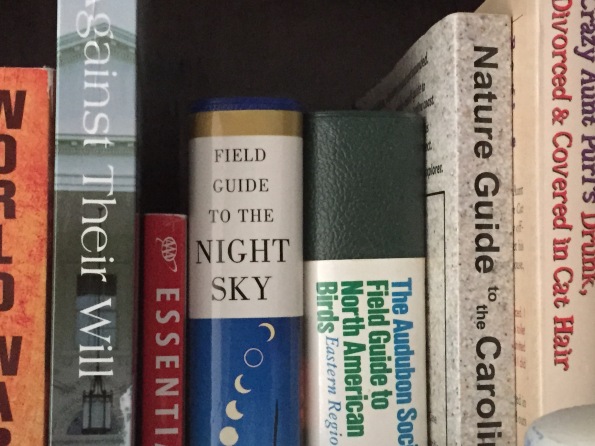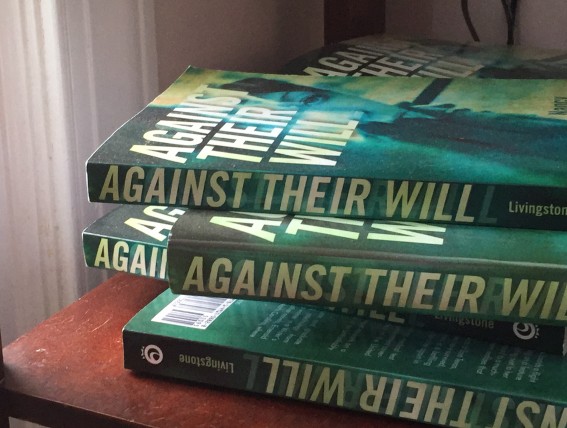
Just because a building looks official or imposing, does that mean everyone it represents is honest and trustworthy?
If you’ve read my book, Against Their Will, you know I’m into conspiracy stories. When the first stirrings of ideas for the book formed in my brain, it was still a bit inconceivable that normal, everyday citizens should ever have to worry about any type of conspiracy, much less ones government induced.
Now after the advent of Edward Snowden, the NSA, WikiLeaks, Drone spying, claims that vaccines harm us and that Wal-Mart is closing stores in the Southwest to make room for Chinese troops to come train on US soil and more, it is much more conceivable that things might be going on that we don’t really want to know are going on.
Granted there are all sorts of ideas floating on the web about who did what to whom. I will admit, some make a lot of sense. Others are discredited almost immediately when I see a lack substantiation or proof as to what the writer is claiming. Merely “preaching an idea” does not necessarily make that idea true. Nor does a credible looking website that states something is true without facts or references to back it up really mean that what is said is true.
Jazzy web-designs, easily obtained today in numerous places, can make a site credible looking. Formats that appear to be news-worthy can draw in visitors quite easily, and if the content is presented in the right manner, can even deceive the reader into believing all that is said is true.
This just emphasizes the ease with which a modern day web-surfer can be misled or down-right lied to. Fiction belongs in a book that is labeled as fiction and not pushed on the public in ways that deceive the reader into believing they are true, or fact.
Have I been stung by truthful-looking web-sites? Maybe. . . But, despite what I think about what I read on the web, I will say, there is an abundance of material out there that churns up a pot-full of ideas for plotting my next novel. No doubt, there is probably enough truth mixed in with the screaming headlines and provocative intros that even those ideas that are not true, may certainly seem true.
What’s good about all this? Well, this makes the beauty of fiction writing all the more alluring. It doesn’t matter! A fiction writer can craft just about any story, and given a few exceptions, never have to prove its merit or truthfulness!
But, as with all things, moderation is key. It all depends on the story being told and the audience to which it is pitched. Still, the internet makes for one huge world of interest just waiting to be manipulated into a best-seller. Thriller style!









